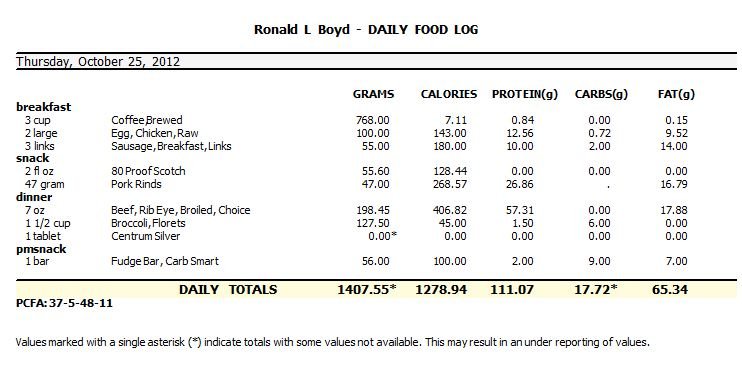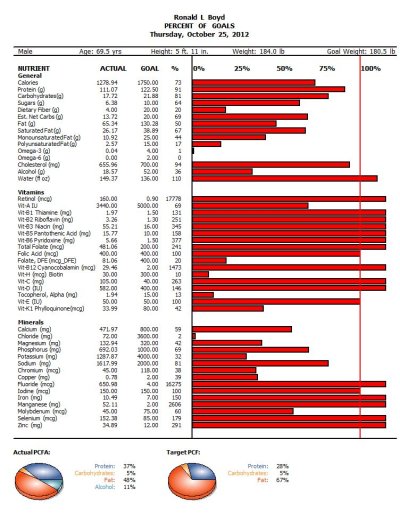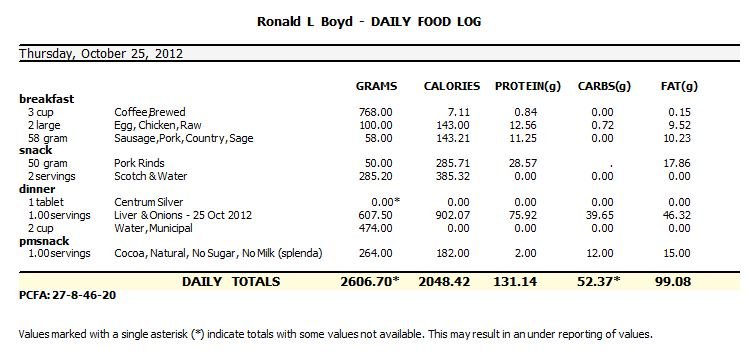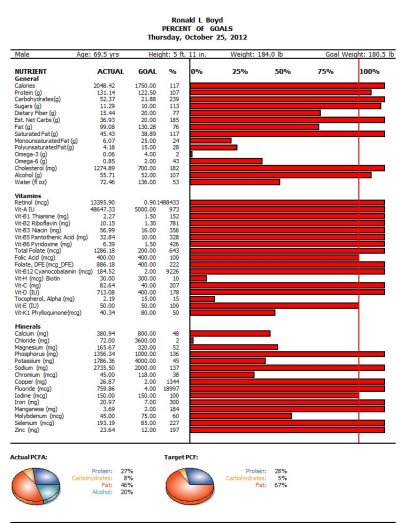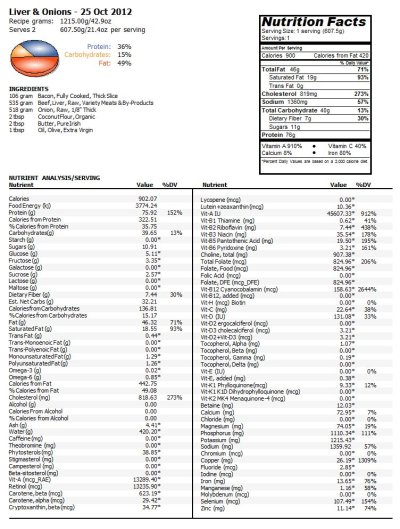BINGO! It wasn’t losing weight that failed to prevent cardiovascular disease, it was
losing weight on the ADA’s crappy low-fat, calorie-restricted diet. If participants were indeed consuming 30% fat and 15% protein, that leaves 55% of their calories from carbohydrates – just what a diabetic needs, eh?
Hope Warshaw would approve.
Diabetics are three to four times more likely to die of heart disease than non-diabetics. Thanks to the
arterycloggingsaturatedfat theory, this sad fact causes so-called experts like the medical wizards at the ADA to recommend exactly the wrong diet. The logic goes like this:
Well, since we know a fatty diet causes heart disease and diabetics are prone to heart disease, they need to eat a low-fat diet.
They can’t seem to bring themselves to consider an obvious alternate theory: What if diabetics are prone to heart disease because high blood sugar
causes heart disease? What if heart disease begins with damage to a coronary artery and high levels of blood glucose can cause that damage?
If you look at it that way, then it’s clear that diabetics absolutely, positively should not be eating the kind of high-carb, low-fat diet the ADA recommends. They should be eating a diet that keeps their blood sugar down – every day, every hour. Since fat is the only macronutrient that doesn’t raise blood sugar, that would be a moderate protein, high-fat diet.

